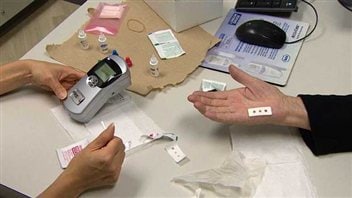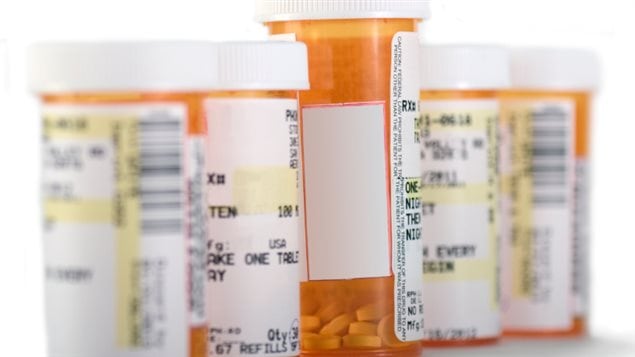Lead investigator Colin Dormuth, assistant professor of anesthesiology, pharmacology and therapeutics at the University of British Columbia, says the results of the study throw doubt the common practice of using higher doses of drugs to cut cholesterol levels lower and lower.
Statins are considered life-saving drugs for for heart and stroke patients with high cholesterol. As well, they are often prescribed for people with no history of heart disease. However, studies have found that in younger patients, in women and in those without heart disease, the benefits are minimal. Meanwhile, the consequences of rapid loss of kidney function can be profound and long-lasting.
About one-third of patients in the study were on higher doses of the cholesterol-cutting drugs, which were defined as rosuvastatin (Crestor), atorvastatin (Lipitor) and simvastatin (Zocor), taken, respectively, at 10, 20 and 40 milligrams or higher.
A commentary that appeared along with the study suggests that statins have proven value in the general population when it comes to preventing cardiovascular disease, especially with patients who have had heart attacks, but doctors should prescribe weaker cholesterol-lowering drugs whenever possible to minimize kidney damage.

A new skin test allows pharmacists to measure the level of skin cholesterol. (CBC)
According to IMS Brogan, a prescription-drug tracking firm, an estimated 30.3 million prescriptions for the drugs were filled in Canada two years ago,
Health Canada updated the labelling for statins in January, warning users that they may be at a small increased risk of developing diabetes, particularly in people with pre-existing risk factors such as high blood-sugar levels and obesity. Other unintended effects linked to statins include degenerative muscle disease called myopathy, liver dysfunction and cataracts.
Terry Haig spoke by phone with Colin Dormuth in Vancouver.
Listen






For reasons beyond our control, and for an undetermined period of time, our comment section is now closed. However, our social networks remain open to your contributions.